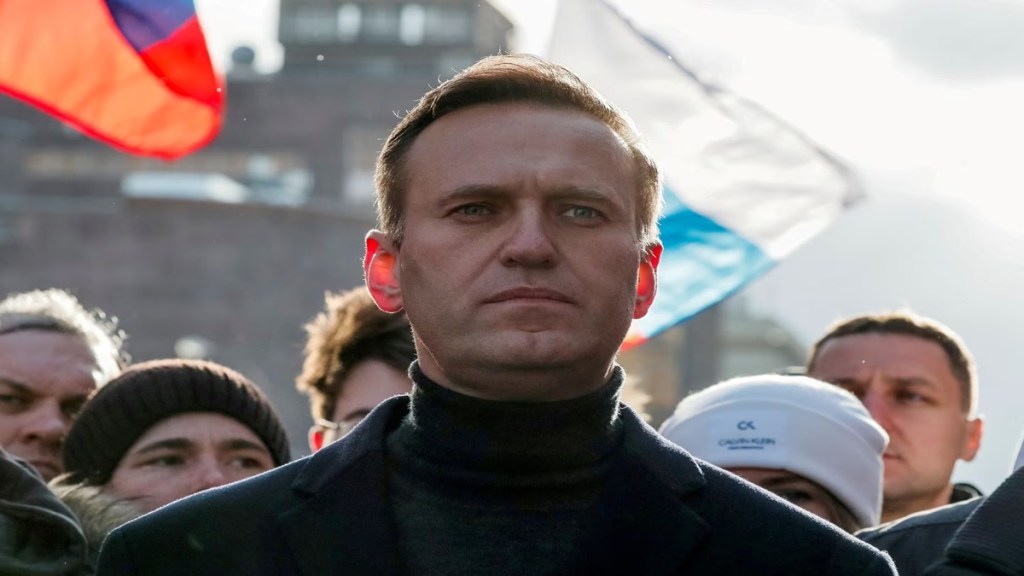Alexei Navalny, a prominent figure in the Russian opposition, was confirmed dead at a remote Arctic penal colony, his spokesperson announced Saturday, alleging foul play. However, uncertainty shrouded the whereabouts of his body as his loved ones sought clarity. Navalny’s passing at 47 has dealt a significant blow to the Russian opposition, occurring less than a month before an upcoming election set to extend President Vladimir Putin’s tenure. While Navalny himself and other Kremlin critics were not in a position to challenge Putin directly for the presidency, Navalny’s demise profoundly impacts those who looked to him as a beacon of hope in opposing Putin’s regime.
The “Sudden death syndrome”
Questions abound regarding the circumstances of Navalny‘s death. According to Navalny’s spokesperson, a note provided to Navalny’s mother indicated his passing at 2:17 p.m. on Friday, though prison officials attributed it to “sudden death syndrome.” Despite attempts by Navalny’s associates to locate his body, they encountered obstacles, including closed morgues and conflicting information from authorities.
The Federal Penitentiary Service stated that Navalny fell ill after a walk on Friday at the penal colony in Kharp, Yamalo-Nenets region, and subsequently lost consciousness. Efforts to revive him proved futile, and the cause of death remains under investigation.
Amidst expressions of grief and disbelief, Navalny’s colleagues and supporters vowed to honor his legacy. However, mourning was marred by continued arrests of individuals paying tribute to Navalny at memorial sites, indicating ongoing repression by authorities.
Global Response on Navalny’s death
International reactions poured in following Navalny’s death, with Ukrainian President Volodymyr Zelenskyy denouncing Putin‘s leadership as illegitimate, and U.K. Foreign Secretary David Cameron promising action against those responsible. President Joe Biden attributed Navalny’s demise to Putin’s regime, prompting a dismissive response from the Kremlin.
Navalny’s imprisonment since January 2021, following his recovery in Germany from a nerve agent poisoning he attributed to the Kremlin, underscores the perils faced by dissenters in Russia. His passing marks a grim reminder of the risks associated with opposition in the country.
In a poignant moment at the Munich conference, Navalny’s wife, Yulia Navalnaya, expressed doubt over official Russian reports of her husband’s death, but warned of accountability for those responsible, including Putin and his associates.
(With AP Inputs)

